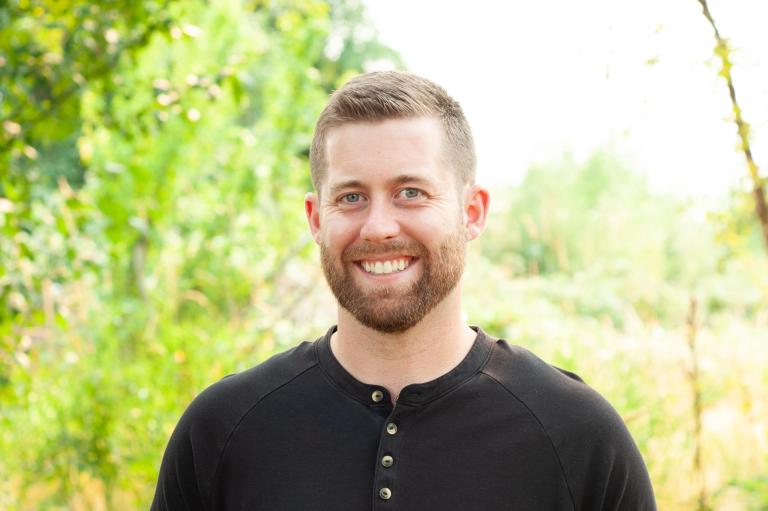
So many of us don’t really know what to do with death. We’d prefer to ignore it, or if we have to engage with it, we do so with dark humor or out-of-touch platitudes.
I think it’s partially because we don’t know what we can do. And we think, raised within and indoctrinated by an action-centric society, that we must be doing something to be useful for others. Despite it being the near-universal request of those who are suffering in such a situation, it is unbelievably hard to simply be present with another in the midst of great pain.
Which is part of why this poem from Howard Thurman is so important. Written as a direct message to those suffering, it also serves us as a blueprint: this is how healthy support looks in the midst of grieving.
I share with you the agony of your grief.
The anguish of your heart finds echo in my own.
I know I cannot enter all you feel
Nor bear with you the burden of your pain;
I can but offer what my love does give:
The strength of caring,
The warmth of one who seeks to understand
The silent storm-swept barrenness of so great a loss.
This I do in quiet ways,
That on your lonely path
You may not walk alone.
No More Platitudes
Richard Rohr writes that we connect more deeply with and into God through the dual paths of great love and great suffering. There is a rawness in this – a realness – that cannot be short circuited even though we might try.
And we try.
- “They’re in a better place right now.”
- “Wow, he lived a long and good life.”
- “I know how you feel.”
- “God needed another angel.”
- “Now she gets to be at peace.”
Please.
The platitudes have to stop – when they are spoken aloud, they reveal the immaturity of the speaker as well as a culture that simply doesn’t know how to engage with that which is uncontrollable and yet so deeply human. They cause harm on top of harm.
But Howard Thurman shows us another way – in this poem, he gives us words that can help us to be a bit more healthy, a bit more compassionate, and a bit more in tune with those suffering directly in front of us.
I share with you the agony of your grief.
The anguish of your heart finds echo in my own.
I know I cannot enter all you feel
Nor bear with you the burden of your pain;
I don’t know how you feel and yet your grief connects with all the grieving that I too have done in my life. And it sucks. And it is yours to carry – I cannot lessen it, fix it, or do any of this deeply difficult work for you.
I can but offer what my love does give:
The strength of caring,
The warmth of one who seeks to understand
The silent storm-swept barrenness of so great a loss.
But here is something I can do. I can be. I can be with you, if you would like that. If I think you might like a croissant from the bakery down the street, I promise to ask first – and I hope that my asking for consent in the midst of the uncontrollable might serve as a gracious and beautiful offering.
I will sit by your side so that you have a shoulder to lean on, if you find yourself leaning. I will take nothing for granted and I will not presume to be your savior. I will not be a busy-body around you trying to “clean things up” – instead, I will listen to your stories and look you in the eyes. I will see you in the midst of this muck, even though you may have lost sight of yourself.
This I do in quiet ways,
That on your lonely path
You may not walk alone.
And I will do all of this in the quietness of grieving, not for a trophy or a metal, but because I love you. It is as simple as that. It is my promise to you that I will walk beside you, although we may be on separate paths. In fact, I will change my path because of this Love and come to center myself around you for a bit. And in this act, I hope you know dear friend – I hope you know this in your very bones: that you are not alone.
That you are never alone.
Pick up my free resource Wisdom Teachers + Body Practices to Guide Us here.
Get my Quick Guide to Engaging a Contemplative and Embodied Spirituality.













